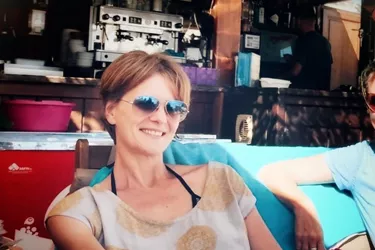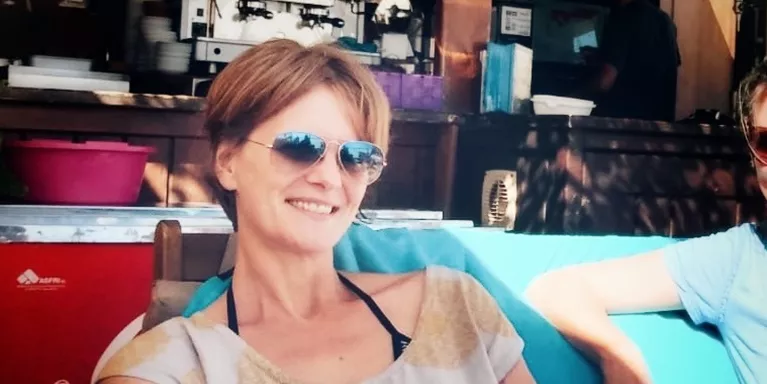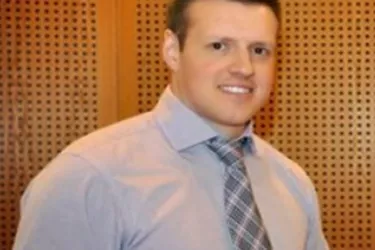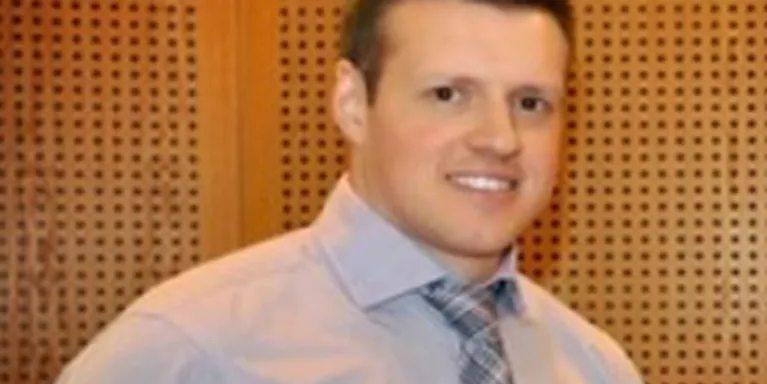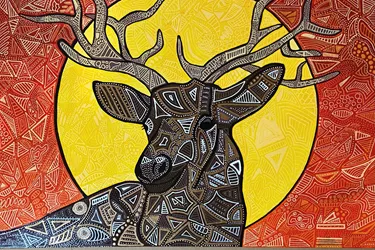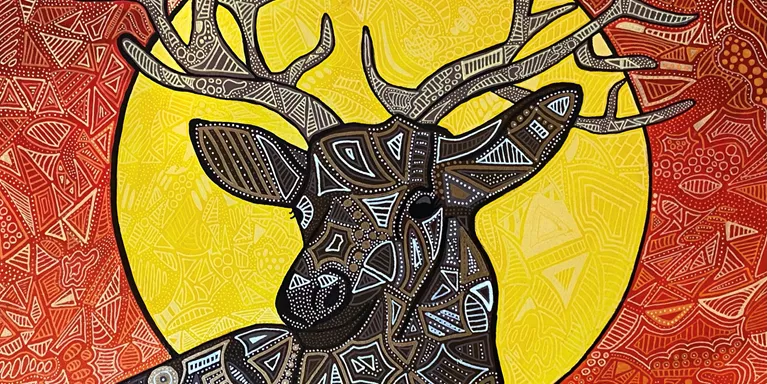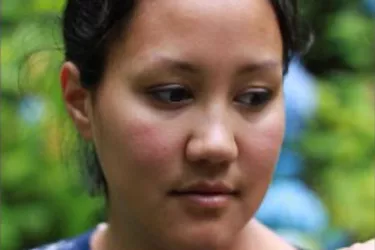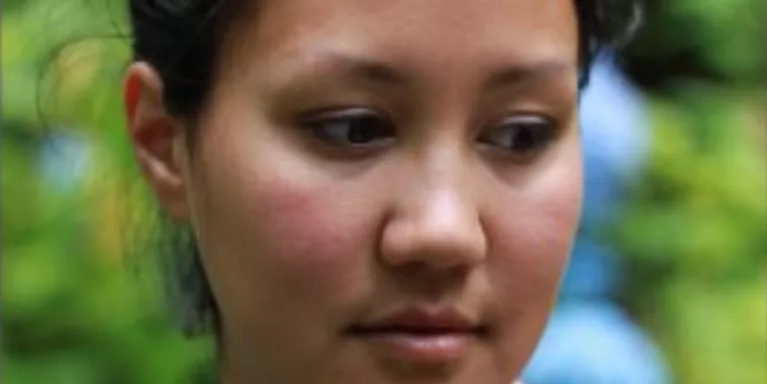At last I felt I wasn’t alone
When Catherine found out about avoidant personality disorder, her behaviour began to make sense to her.
"What's wrong with you?"
This is the question I would constantly ask myself throughout my life. I had observed other people well enough to simultaneously know, firstly that I wasn't normal and secondly, how to imitate someone who was.
"Avoidant personality disorder is characterised by intense sensitivity to criticism and a feeling of being judged."
Most of the time it worked pretty well, but then I'd glimpse it in someone's expression - "What's wrong with you?"
Avoidant personality disorder is characterised by intense sensitivity to criticism and a feeling of being judged and observed. Socialising is extremely painful - I am self-conscious and vigilant about how I'm acting and what I'm saying, determined that no-one should see who I really am. It's exhausting, yet I would feel my most comfortable in groups. A group is somewhere to hide.
"I would move on and try to start again. I had lived in six different countries on three different continents by the time I was 26."
The problem was being alone because that is when the thoughts would start. I would forensically take apart every interaction I'd had that day; what had I done wrong? How much of a fool had I acted? Who hated me and how much? Had I showed my anxiety to anyone? This level of analysis and self-loathing inevitably led to depression and emotional isolation. I convinced myself that friends didn't really like me and I was better off without them. I would move on and try to start again. I had lived in six different countries on three different continents by the time I was 26.
But I couldn't outrun myself.
I finally settled in Barcelona where I met a group of friends I felt comfortable with but I masked my fear of emotional closeness with a lot of drug taking.
That lifestyle couldn't last though, and after the effects of the drugs had worn off, I wondered where those feelings of closeness had gone and if they were ever real. I was still alone.
My friends started to get married and my avoidance became harder to conceal.
I was 36 years old with no significant relationships behind me, and a career based around avoiding the interview process and working with colleagues. I felt intensely judged for my poor life performance and exhausted from constantly hiding who I was.
"My sleep was disrupted, I would wake up feeling like I'd been thrown down a flight of stairs."
Eventually this got the better of me and in my mid-thirties I started experiencing exhaustion. Over the next few months this became more frequent. My sleep was disrupted, I would wake up feeling like I'd been thrown down a flight of stairs and my energy would fluctuate unexpectedly from day-to-day and hour-to-hour. After several months of testing, I was diagnosed with chronic fatigue syndrome.
I was devastated.
Chronic fatigue syndrome is a famously misunderstood illness, even by health professionals and I encountered specialist after specialist telling me my illness did not exist. It was the worst thing I could imagine happening to me, an illness that nobody believes in. I already felt judged and criticised. Things were about to get much worse.
So I ran away again.
Coming to terms with my new life situation was unimaginably difficult. I felt judged by everyone and more alone than ever. I believed I had no one to support me and decided to relocate to Bali.
Inevitably I ended up alone again- extremely, intensely alone. My illness isolated me further. I spent birthdays and Christmases alone and depressed. I looked for support groups, I joined chronic fatigue support groups, I joined groups for anxiety and depression, but none of it resonated. Yes, I was depressed, yes I was anxious, yes I was sick but that didn't explain why I couldn't form close relationships. I just felt more isolated - no one was as alone as me.
But I persevered, watching videos about mental health conditions, listening to podcasts and reading blogs until, one day I discovered avoidant personality disorder (AvPD) and I broke down in tears. I checked every single condition on the diagnostic criteria, in spades!
For the first time in my life I felt that I wasn't alone. I felt like there was nothing wrong with me. I had a mental health condition.
"I still feel judged but I am able to rationalise it as part of my condition."
Knowing my limitations with this condition allowed me to accept myself. I did cognitive behavioural therapy to control the negative self-talk, I spoke with my therapist about my fears and anxieties around social situations and how to address them and I joined a 12-step program for codependency. Joining Coda (Co-Dependents Anonymous)and having a space to speak and share my experience with others, allowing them to see me at my most vulnerable, was a huge step forward and something I wouldn't have been able to imagine doing before. I still feel judged but I am able to rationalise it as part of my condition and I don't have to believe it.
I'm still in Bali, but now I'm here because I want to be. I'm improving and building resilience until I'm ready to go back. The difference is I now have people I can call friends. I have emotional support and I don't feel alone. Slowly, I'm repairing relationships that I had given up on and am starting to believe that I can have a life too.


Information and support
When you’re living with a mental health problem, or supporting someone who is, having access to the right information - about a condition, treatment options, or practical issues - is vital. Visit our information pages to find out more.
Share your story with others
Blogs and stories can show that people with mental health problems are cared about, understood and listened to. We can use it to challenge the status quo and change attitudes.










